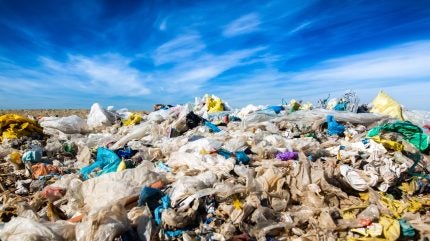
The fifth UN Intergovernmental Negotiating Committee (INC-5) meeting has commenced in Busan, South Korea, with representatives from 175 countries participating in discussions to finalise a global legally binding treaty aimed at reducing plastic pollution.
However, the talks are being marred by disagreements, particularly over the issue of capping plastic production.
The previous round of negotiations in Ottawa, Canada, concluded without consensus on this critical point, leading to a shift in focus towards chemicals of concern and other related measures.
Prominent petrochemical-producing countries, including Saudi Arabia and China, have been vocal in their opposition to production limits, a stance that has been met with resistance from countries heavily affected by plastic pollution.
The ongoing divisions in the plastics treaty talks are seen as reminiscent of the challenges faced in UN efforts to address global warming.
INC chair Luis Vayas Valdivieso said: “Without significant intervention the amount of plastic entering the environment annually by 2040 is expected to nearly double compared to 2022.”
He emphasised the critical nature of the issue, citing the widespread presence of microplastics in human organs.
The US announced in August this year its support for plastic production caps, aligning with the EU, Kenya, Peru, and other members of the High Ambition Coalition.
However, the election of Donald Trump has cast doubt on this position, given his previous administration’s stance on multilateral agreements and petrochemical production.
The US delegation has yet to clarify if it will maintain its support for production caps.
UN Environment Programme executive director Inger Andersen called on delegates to adhere to the 2022 UN Environment Assembly resolution, which promotes “sustainable production and consumption of plastics taking a life cycle approach.”
Sivendra Michael, Fiji’s climate minister and chief climate and plastics negotiator, highlighted the treaty’s importance for protecting ecosystems and public health in regions such as Fiji, which suffers from the effects of plastic pollution despite not producing plastics itself, reported Reuters.
The petrochemical industry, despite being supportive of an international treaty, has advocated against mandatory production caps, instead suggesting solutions such as recycling to address plastic waste.



